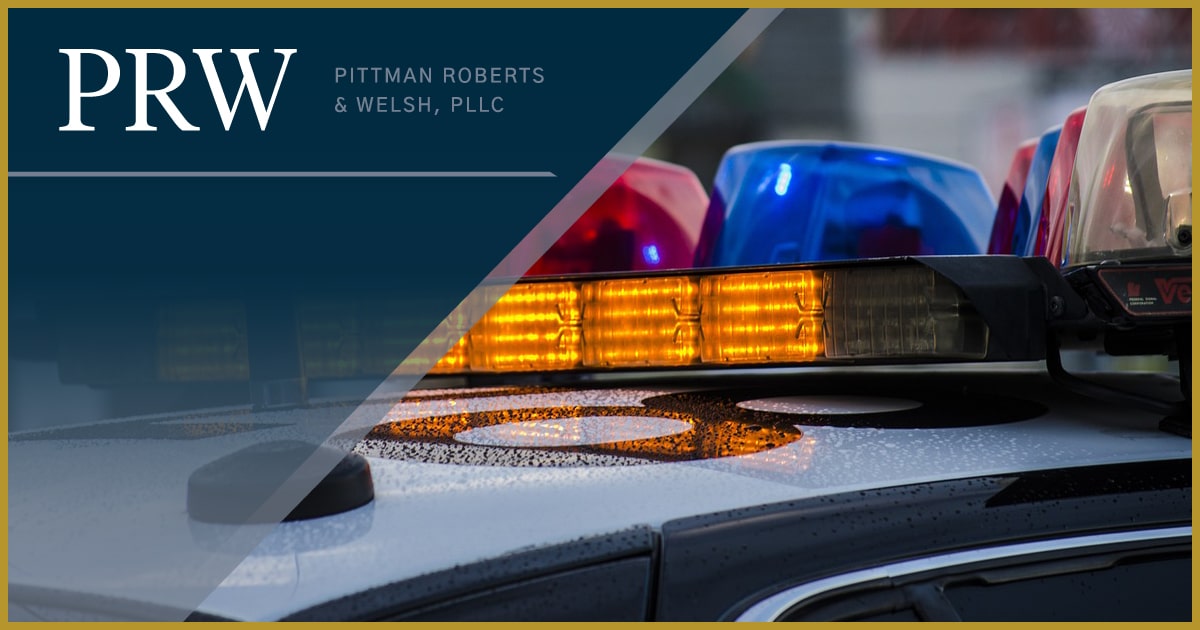Do I Have To Give a Statement After a Car Accident?

Car accidents can be traumatic experiences. Often, you are left feeling shaken and uncertain about taking the next steps. Once you make a claim, you might wonder if you have to give a statement after a car accident to an insurance company.
At Pittman, Roberts & Welsh, PLLC, we understand that you may be anxious about talking to an insurance adjuster or anyone else about the accident. In many cases, you are not obligated to provide any type of account of the incident. Here is what you need to know about rights when it comes to statements after an accident.
What Is Included in a Statement?
According to the Mississippi Strategic Highway Safety Plan, about 34,000 vehicle-related crashes occurred in the past three years. In almost all these cases, both parties were asked to provide a statement about the accident.
An accident statement is a claim declaration describing an accident’s specific circumstances. It helps the insurance adjuster determine liability and allocate responsibility between you and the other driver.
Many times, these statements are collected in a video or audio-recorded format. When making an accident statement, you will be asked to provide the following details:
- Date of the accident
- Names of involved parties
- Witness Information
- Location of the accident
- Accident details
Basically, these statements will outline what exactly happened during the accident. Now, in most cases, you could be asked by law enforcement or an insurance adjuster to provide a statement.
Do I Have To Give a Statement to Law Enforcement Officers?
When the police come to the accident site, they will create a report of the incident. Their report will contain detailed information about the crash, statements from other drivers, witness accounts, and other relevant information. In many cases, the officer will want you to make a statement.
But… do you have to provide one?
While you are not legally required to make a statement, you are required to report any accident with injuries, a fatality, or damage over $500. Along with that, providing your side of the story can benefit the report. However, you will want to be careful about what you say. When it comes time to make a statement, only discuss the facts of the incident and avoid admitting fault.
If you try to speculate or provide unnecessary information, it could weaken your claim.
Insurance Adjusters May Request Recorded Statements
After filing a claim, insurance adjusters often request that you give a recorded statement. They want to document your version of the accident event. If you don’t give these statements, they might not have a full picture of the accident.
While these statements have some benefits, they also have disadvantages. Giving a statement can help expedite the investigation and settlement process. Plus, an adjuster can better understand the incident to reach a conclusion.
In many cases, the insurance adjuster will insist that you make a statement, but keep in mind that there is no legal requirement. You always have a right to decline. If you want to avoid making a recorded statement, you may be able to prove a written statement or other documentation to support your claims.
Keep in mind that when you provide a statement, there is always the risk that you could harm your claim. Sometimes, your words can inadvertently weaken your claim. Insurance adjusters are skilled investigators. They could lead you into making statements that harm your case.
Unfortunately, some adjusters may use tricky language or manipulative tactics to get you to say something that is not in your best interests. They may also try to pressure you to provide a statement or rush into making a statement. Once again, you should never be pressured into making a statement. You always have the choice to take your time and get legal advice before giving the insurance company any statement.
Before you take this step, you should always weigh the pros and cons carefully and make a decision that’s in your best interest.
Can You Provide an Alternative to a Statement?
If you want to help your claim, you may want to provide a written statement instead of a recorded one so you can choose your words more carefully and ensure that your statement is accurate. As a result, you have more control over what information you share with the insurance adjuster.
As always, if you just don’t know what to say to an insurance adjuster, contact a car crash lawyer. They have experience with the entire claims process and can advise you on whether a statement can help or hurt your case.
You always have the right to consult with an attorney throughout any stage of the claims process.
When Should You Avoid Giving a Statement?
There could be times when you don’t want to provide a statement. For example, you may want to hold off if you are upset after the accident. Emotions can run high. When you feel confused or overwhelmed, it can be easy to leave out important details or recall certain aspects of the accident. It is always acceptable to take some time to regain your composure.
However, you also want to consider your physical health. Many times, if you have experienced a physical injury, you might be taking medication or haven’t had enough sleep, all of which can affect your memory and recollections of the accident.
Pain can also distort your memories. You will want to wait until you are in a pain-free state of mind to make a statement.
Learn More About Making Accident Statements
In any situation, you should consult with a personal injury attorney. The specifics of your case will determine whether it is feasible to make a statement. Most lawyers recommend against recorded statements due to the risk of inadvertently weakening your claim.
While insurance adjusters may push for immediate statements, you have the right to exercise your rights and refuse.
If you have any questions about this process, feel free to reach out to us at Pittman, Roberts & Welsh, PLLC.







